Brass Tacks 2
Lawrence K. Moss composer
Edward “Ted” Messerschmidt composer
Henry Wolking composer
David F. Wilborn composer
Janice Macaulay composer
Marilyn Bliss composer
Paul Paccione composer
It’s no secret that brass instruments can infuse any musical setting with a hair-raising surge of untamed energy and fervor. On BRASS TACKS VOL 2 from Navona Records, the brass family finds itself the spotlight, showcasing unique tones and unhindered expressiveness that’ve been carefully extracted by a variety of seasoned composers and performers.
Spanning joy rides in stylish sports cars, jazz-influenced passages, fusions with percussive instruments, and more, this release explores a wide range of emotions and compositional styles, each uncovering an inherent intensity and bravado that pushes the boundaries of brass repertoire.
Listen
Stream/Buy
Choose your platform
"A listen that touches on jazz, fusion and explores the bounds of brass dynamics, each song present carries a tremendous amount of care and exploration."
Track Listing & Credits
| # | Title | Composer | Performer | |
|---|---|---|---|---|
| 01 | Echoes | Lawrence K. Moss | Filharmonie Brno | Pavel Šnajdr, conductor | 2:31 |
| 02 | Fantasia for Horn and Piano | Edward “Ted” Messerschmidt | Juventas New Music Ensemble | Oliver Caplan, artistic director; Anne Howarth, horn; Julia Scott Carey, piano | 3:03 |
| 03 | If | Edward “Ted” Messerschmidt | Juventas New Music Ensemble | Oliver Caplan, artistic director; Alex Avila, euphonium; Julia Scott Carey, piano | 3:07 |
| 04 | Just Do It for Brass Quartet | Henry Wolking | NdBrass | Pavel Šnajdr, music supervisor; Lukáš Soldán, 1st trumpet; Josef Zimka, 2nd trumpet; Zbyněk Pavluš, trombone; David Křížek, tuba | 6:05 |
| 05 | Jett Stream Blue: I. A Cool Ride! | David F. Wilborn | Mike Tybursky, trombone; Randall Hodgkinson, piano | 1:55 |
| 06 | Jett Stream Blue: II. Late Night Drive in the City | David F. Wilborn | Mike Tybursky, trombone; Randall Hodgkinson, piano | 3:09 |
| 07 | Jett Stream Blue: III. Looking Good While Driving in Jetstream Blue | David F. Wilborn | Mike Tybursky, trombone; Randall Hodgkinson, piano | 3:03 |
| 08 | Chorale, Fanfare, and Prayer | Janice Macaulay | NdBrass | Pavel Šnajdr, music supervisor; Jozef Zimka, 1st trumpet; Lukáš Soldán, 2nd trumpet; Antonín Kolář, french horn; Zbyněk Pavluš, trombone; David Křížek, tuba | 6:16 |
| 09 | Aria for tuba solo | Marilyn Bliss | Jobey Wilson, tuba | 2:28 |
| 10 | Evocations: I. Praeludium | Marilyn Bliss | Jobey Wilson, tuba | 1:56 |
| 11 | Evocations: II. Burlesque | Marilyn Bliss | Jobey Wilson, tuba | 1:48 |
| 12 | Evocations: III. Arioso | Marilyn Bliss | Jobey Wilson, tuba | 2:13 |
| 13 | Evocations: IV. Largo-Finale | Marilyn Bliss | Jobey Wilson, tuba | 5:24 |
| 14 | Radical Ears | Paul Paccione | NdBrass | Pavel Šnajdr, conductor; Lukáš Soldán, 1st trumpet; Jozef Zimka, 2nd trumpet; Antonín Kolář, french horn; Zbyněk Pavluš, trombone; David Křížek, tuba; Stanislav Slavíček, piano; Petr Hladík, percussion | 8:24 |
Echoes
Recorded May 20, 2022 in Besední dům, Brno, Czech Republic
Session Producer Jan Košulič
Session Engineer Jaroslav Zouhar
Production Manager Jean Noël Attard
Editing Jan Košulič, additional editing and mixing Melanie Montgomery
Fantasia
Recorded March 9, 2023 at the Shalin Liu Performance Center in Rockport MA
Session Producer Lucas Paquette
Session Engineer Brad Michel
Production Assistant Adam Lysák
Editing & Mixing Lucas Paquette
If
Recorded December 14, 2022 at the Shalin Liu Performance Center in Rockport MA
Session Producer Lucas Paquette
Session Engineer Luke Damrosch
Editing & Mixing Lucas Paquette
Just Do It; Chorale, Fanfare, and Prayer
Recorded September 20-21, 2022 at Orlí Street Theater Recording Studio in Brno, Czech Republic
Session Producer Jan Košulič
Session Engineer Jana Jelínková
Production Manager Jean Noël Attard
Editing & Mixing Lucas Paquette
Jett Stream Blue; Aria; Evocations
Recorded March 13-14, 2023 at the Shalin Liu Performance Center in Rockport MA
Session Producer & Engineer Brad Michel
Production Assistant Adam Lysák
Editing & Mixing Brad Michel
Radical Ears
Recorded January 30, 2023 at Orlí Street Theater Recording Studio in Brno, Czech Republic
Session Producer Jan Košulič
Session Engineer Jana Jelínková
Production Assistant Adam Lysák
Editing Jan Košulič, additional editing and mixing Melanie Montgomery
Mastering Melanie Montgomery
Executive Producer Bob Lord
A&R Director Brandon MacNeil
A&R Chris Robinson, Danielle Sullivan
VP of Production Jan Košulič
Audio Director Lucas Paquette
Production Manager Martina Watzková
Production Director Levi Brown (Tracks 1, 4, 8)
VP, Design & Marketing Brett Picknell
Art Director Ryan Harrison
Design Edward A. Fleming
Publicity Patrick Niland, Aidan Curran
Artist Information
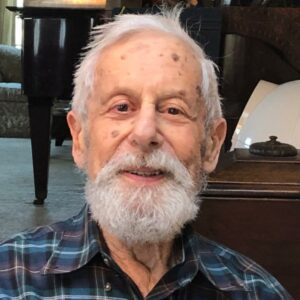
Lawrence K. Moss
Lawrence Kenneth “Larry” Moss was born Nov. 18, 1927 in Los Angeles CA, died June 24, 2022 at his home in Silver Spring MD. Even as a small child, Moss was a gifted musician and eager student who loved listening and learning. He was torn between chemistry and music, but eventually chose music, studying first at Pomona College, receiving a B.A. from University of California, Los Angeles and a M.A. at Eastman School of Music and a Ph.d. from University of Southern California. He taught Music at Yale University and University of Maryland and received two Guggenheim Fellowships, a Fulbright Scholarship, and four grants from the National Endowment for the Arts.
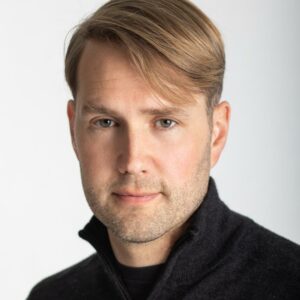
Edward Messerschmidt
Originally from the Washington DC area, Edward “Ted” Messerschmidt is a versatile musician who has been recognized in national contests in composition, conducting, and trombone performance. His original compositions, published by Cimarron Music Press and Warwick Music Publishing, have been performed in the United States, Europe, and South America by musicians and ensembles including Andy Akiho, Joseph Bello, Charley Brighton, Ruthanne Schempf, Patrick Smith, Harry Watters, the Luftwaffenmusikkorps Erfurt (forthcoming), and the United States Army Orchestra.
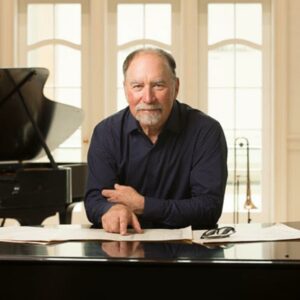
Henry Wolking
Native Floridian Henry Wolking (1948) is a composer, trombonist, conductor, teacher, and author. He completed his Bachelor Degree in music education from the University of Florida, and Master of Music in Composition at the University of North Texas in 1971. At the age of 24, he began his teaching career as head of the jazz area at the University of Utah. He retired in 2011 and is a University Professor Emeritus Of Music. He is the recipient of the 2018 School of Music Camerata Award, which celebrates the contributions of musicians and patrons of the arts to the University of Utah and broader community. He maintains a busy schedule of writing and arranging for classical and jazz groups. There are currently over 75 of his jazz works in the Walrus/EJazzlines online catalog.
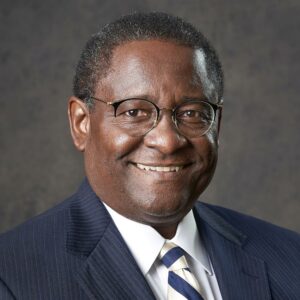
David F. Wilborn
David F. Wilborn has emerged as an internationally acclaimed composer, trombonist, conductor, and music educator. He is an award-winning composer whose compositions are enjoyed for their creative use of rhythmic development and innovative musical style. Occasionally, these features intersect with passages of main-stream jazz or Latin jazz, thus making his music accessible to many listeners and performers. Overall, his style may be regarded as contemporary classical while borrowing from traditional music forms.
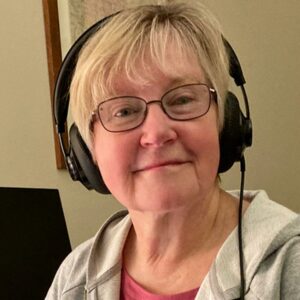
Janice Macaulay
Composer, educator, and conductor Janice Macaulay received her D.M.A. in composition from Cornell University, where she studied with Karel Husa and Steven Stucky. Reviewers have said her music “creates an arresting playground of sounds and effects” (Gramophone) and features “dynamic, lyrical and playful interactions among the players” (Classical Music Review). She won the Alex Shapiro Prize from the International Alliance of Women in Music for Kaleidoscope for Wind Symphony, commissioned by the Cornell University Wind Symphony in memory of Karel Husa and recorded by the University of Maryland, Baltimore County Wind Ensemble on the Albany Records label.
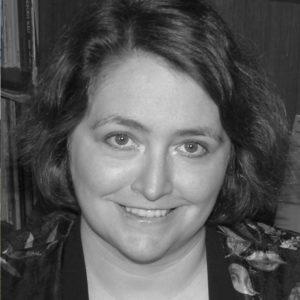
Marilyn Bliss
Inspired by the beauty of nature, world culture, art, and literature, the music of Marilyn Bliss brings a breath of fresh air into any concert program. Her inspirations range from the paintings of Morris Louis and Piero di Cosimo, to Hindu, Native American, Greek, Chinese, Afghan, Celtic, French, German, and British literature and myths, to natural phenomena such as the aurora borealis and the flights of birds. Born in Iowa, Bliss received her B.M. degree in composition, flute, and voice at Coe College in Cedar Rapids, and did her graduate studies at the University of Pennsylvania and the City University of New York. Her composition teachers included such distinguished composers as George Crumb, George Rochberg, Jacob Druckman, Jerry Owen, and Harvey Sollberger.

Paul Paccione
Paul Paccione was born in New York City in 1952. He studied classical guitar and music theory at the Mannes College of Music (B.M. 1974). While at Mannes, he was influenced by composer Eric Richards to begin compositional study. Subsequently, he began private composition studies with composer Harley Gaber. He continued composition studies at the University of California, San Diego, with composer Kenneth Gaburo (M.A., 1977). He later studied composition with composer/conductor William Hibbard, at the University of Iowa (Ph.D., 1984).

Filharmonie Brno
Since its earliest days, Filharmonie Brno has established a profile as a Janáčkian orchestra, thus making a substantial contribution to the cultural life of Brno — where Leoš Janáček composed nearly his entire oeuvre — and becoming an enthusiastic champion of his music. Since its foundation in 1956, the orchestra has regularly performed Janáček’s works in concerts at home and abroad; it has also recorded, multiple times, his complete symphonic works and cantatas.
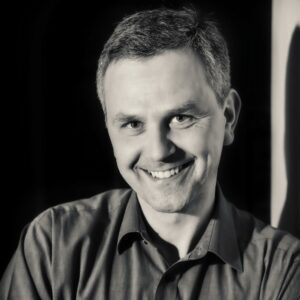
Pavel Šnajdr
Pavel Šnajdr is a Czech conductor and composer. He is a graduate of the Janáček Academy of Music and Performing Arts (JAMU), Brno in composition (which he studied with Alois Piňos) and conducting (with Emil Skoták). Beyond working with symphony orchestras, he has been engaged by music theatres including the J.K. Tyl Theatre in Pilsen, the Prague State Opera and the Moravian Theatre in Olomouc, and currently conducts opera at the National Theatre in Brno.
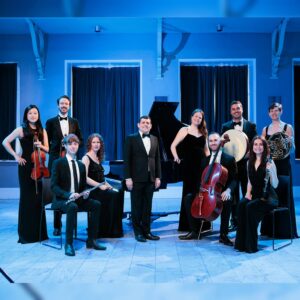
Juventas New Music Ensemble
Juventas New Music Ensemble is a contemporary chamber group with a special focus on emerging voices. Juventas shares classical music as a vibrant, living art form. They bring audiences music from a diverse array of composers that live in today’s world and respond to our time. Since its founding in 2005, Juventas has performed the music of more than 300 living composers. The ensemble has earned a reputation as a curator with a keen eye for new talent. It opens doors for composers with top-notch professional performances that present their work in the best possible light.
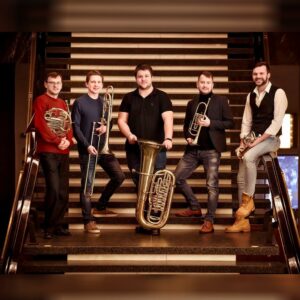
NdBrass
NdBrass was established in 2015 by the members of the Janáček Opera of the National Theater in Brno. The members are seasoned orchestra soloists with a passion for chamber music, continuous improvement, and innovation. Their common interests led them to form a group with the ability to interpret not only standard repertoire but also to offer new and unique programs.
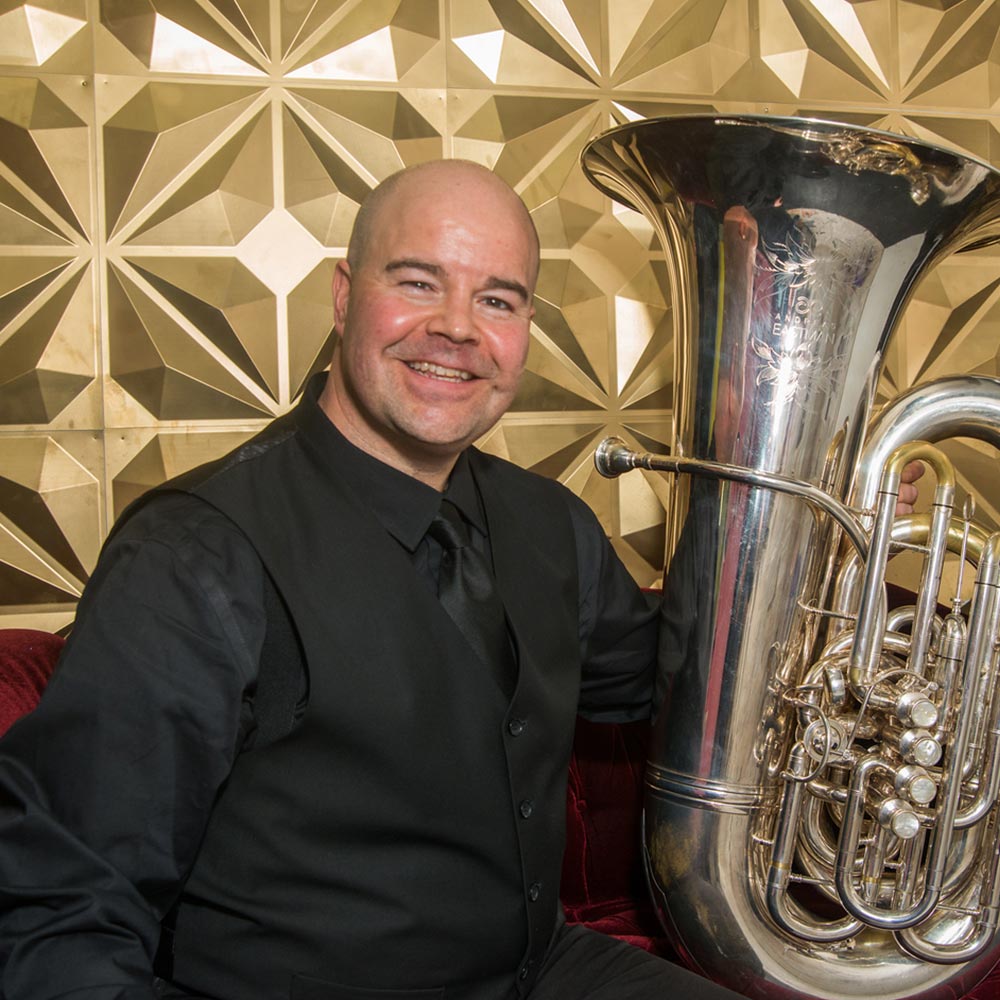
Joseph “Jobey” Wilson
Dr. Joseph “Jobey” Wilson will join the Pittsburg State University (KS) Music Department in Fall 2023 as Director of Athletic Bands & Symphonic Band, and Instructor of Tuba & Euphonium. Originally from Broken Arrow, OK, he and his family are incredibly excited to return to the region. A Boston freelancer for 24 years, Dr. Wilson is Principal Tuba of the New Bedford, Lexington, and Atlantic Symphony Orchestras, and the Portland Brass Quintet. He is a solo recording artist for PARMA Recordings and a clinician for the Eastman Music Company. He is often called to perform with groups such as the Boston Pops, Boston Ballet, Portland Symphony, Rhode Island Philharmonic, Boston Modern Orchestra Project, and many others. Dr. Wilson is Director of Athletic Bands at Bentley University and also teaches at Boston College, University of Southern Maine, and UMASS-Boston. After teaching numerous summers at Boston University’s Tanglewood Institute, the Atlantic Brass Quintet Seminar, and Boston Youth Symphony Camp, Dr. Wilson founded the Camp Jobey Summer Brass Institutes in 2012.

